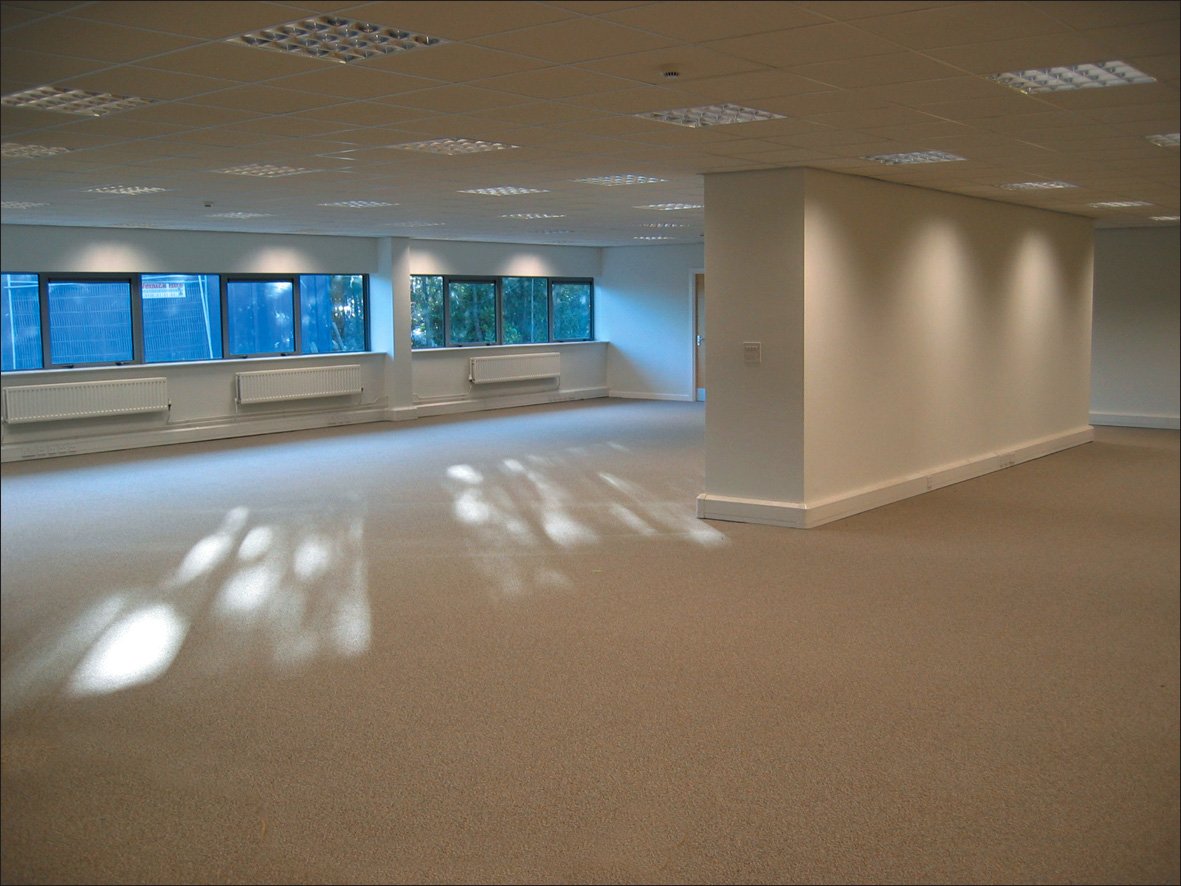

THE European Patent Office (EPO) -- the topic I've covered the most in my thirties -- is both a technical and a political thing. Those two things absolutely cannot be separated. As the famous saying from Richard Stallman goes: "Geeks like to think that they can ignore politics, you can leave politics alone, but politics won't leave you alone."
"...I also rely on the sort of tolerance that's about tolerating dissenting speech; that is -- after all -- a major component if not reason for free speech."I myself am quite vocal about politics, even publicly. I've touched many facets and issues in over 700,000 tweets and it's likely that just about anyone out there will find something that he or she finds "offensive" (to him or her). I know that. I am well aware. But I also rely on the sort of tolerance that's about tolerating dissenting speech; that is -- after all -- a major component if not reason for free speech.
The reason the EPO -- inherently a technical institution that assesses scientific advancements (unlike a trademark office/authority) -- is run by politicians like António Campinos (and Battistelli before him) is that certain powerful people -- including law firms or lawyers-politicians -- seek to advance goals that aren't scientific. This is very common in a lot of corporations that become more like ideological cults, driven partly by greed (profit motive) and partly by personal objectives of founders/heads. Call it an 'ego trip'. This is hardly a new issue and only hours ago I stumbled upon this article, "Jeff Bezos reportedly called Michael Bloomberg and asked him if he would run for president earlier this year"
"This is very common in a lot of corporations that become more like ideological cults, driven partly by greed (profit motive) and partly by personal objectives of founders/heads."Amazon has a lot of employees, some of whom have strong feelings about politics. Should all those who don't agree with Mr. Bezos be fired? Probably not.
But let's take this argument further; should employees (i.e. most people out there in the world above the age of 20 and below 65) be actively discouraged from expressing political views, even outside the workplace? The cost, or the societal risk, of discouraging public participation in political processes is that society can get a lot worse and political leadership a lot more oppressive. History shows that those in positions of power love leveraging all means available to them to silence their critics.
"History shows that those in positions of power love leveraging all means available to them to silence their critics."I'd rather live in a world and share my office with a society that has a few 'assholes'; if that's the price I have to pay for being allowed to express myself as well, then it is a price I am willing to pay. In my personal experience, it's not political opinions that poison the workplace but sociopathic individuals whose bad behaviour is emboldened by greed rather than dogma. These people are the most "toxic" things out there and they turn "safe spaces" into very unhealthy ones (literally unhealthy). Not because of politics; because of purely commercial ambitions. A former Microsoft employee recently wrote about it. ⬆